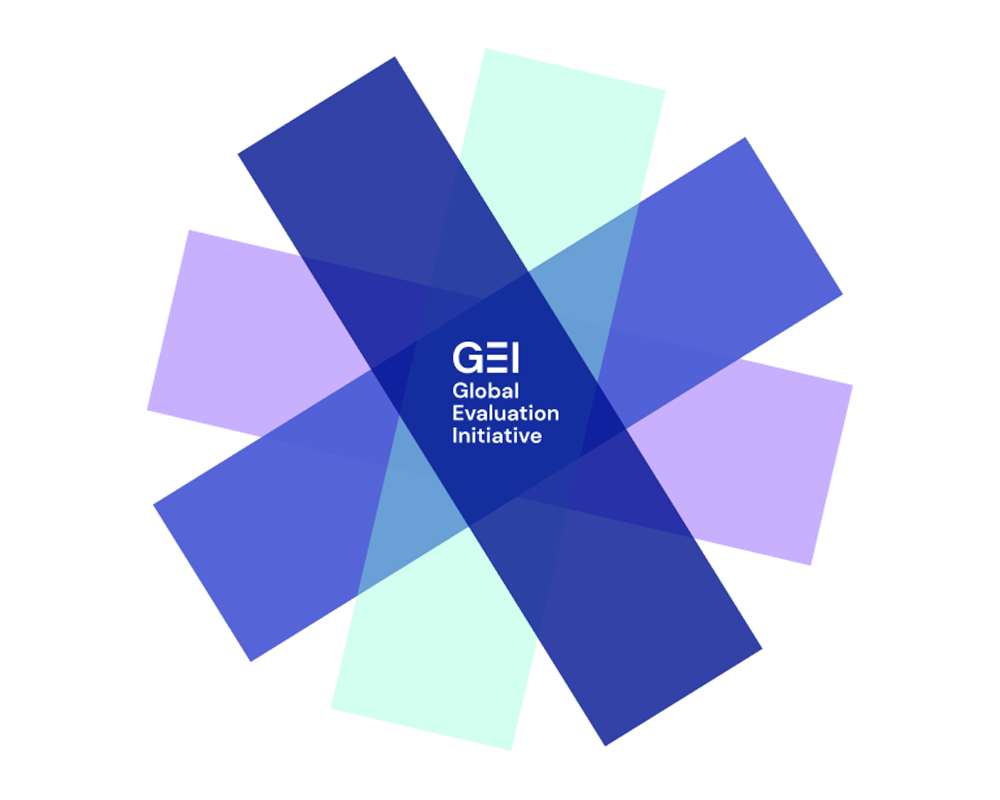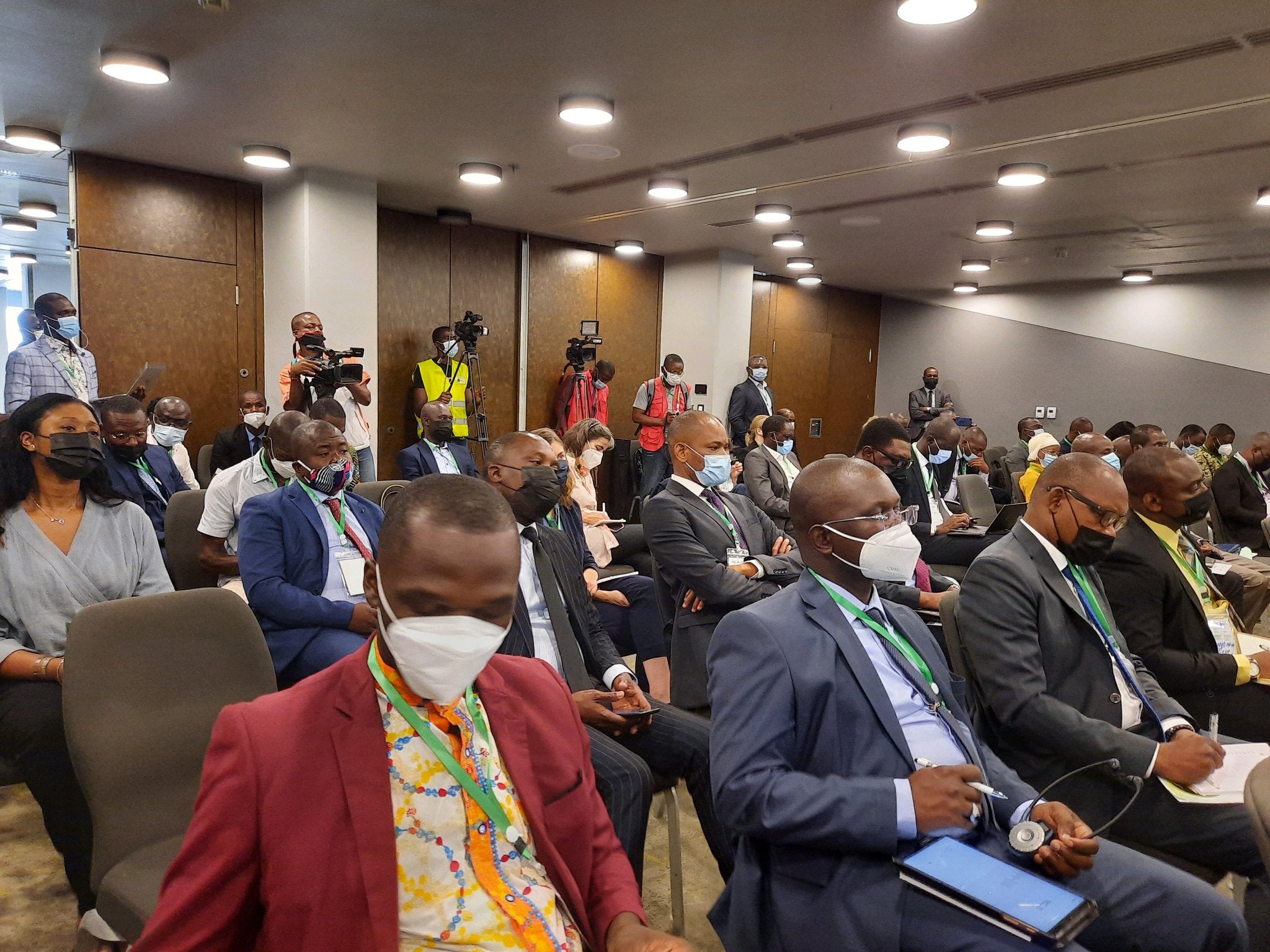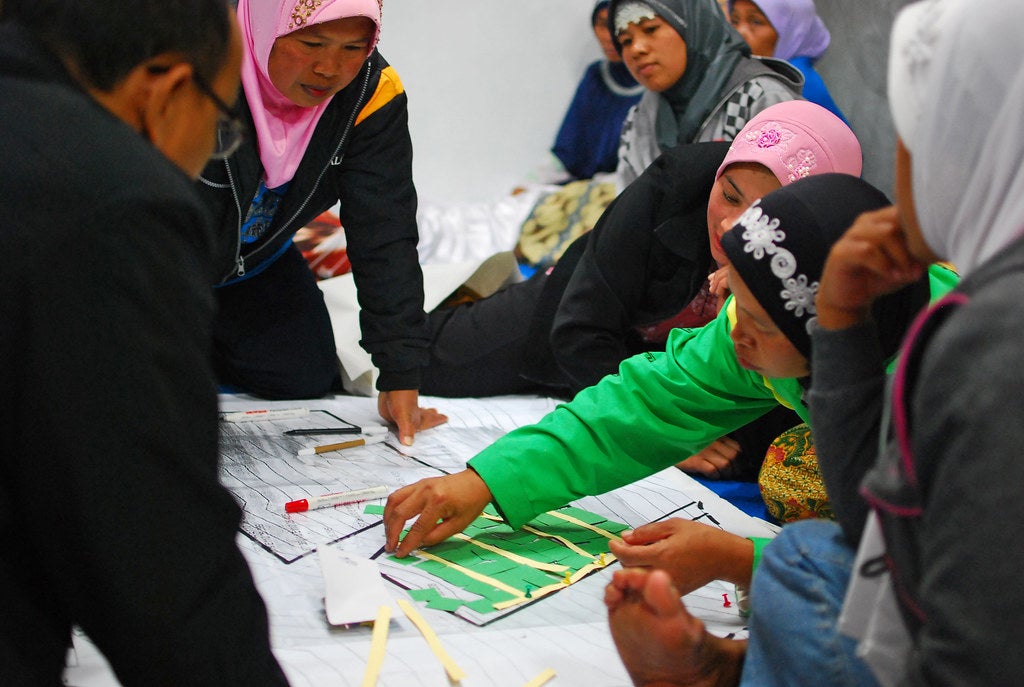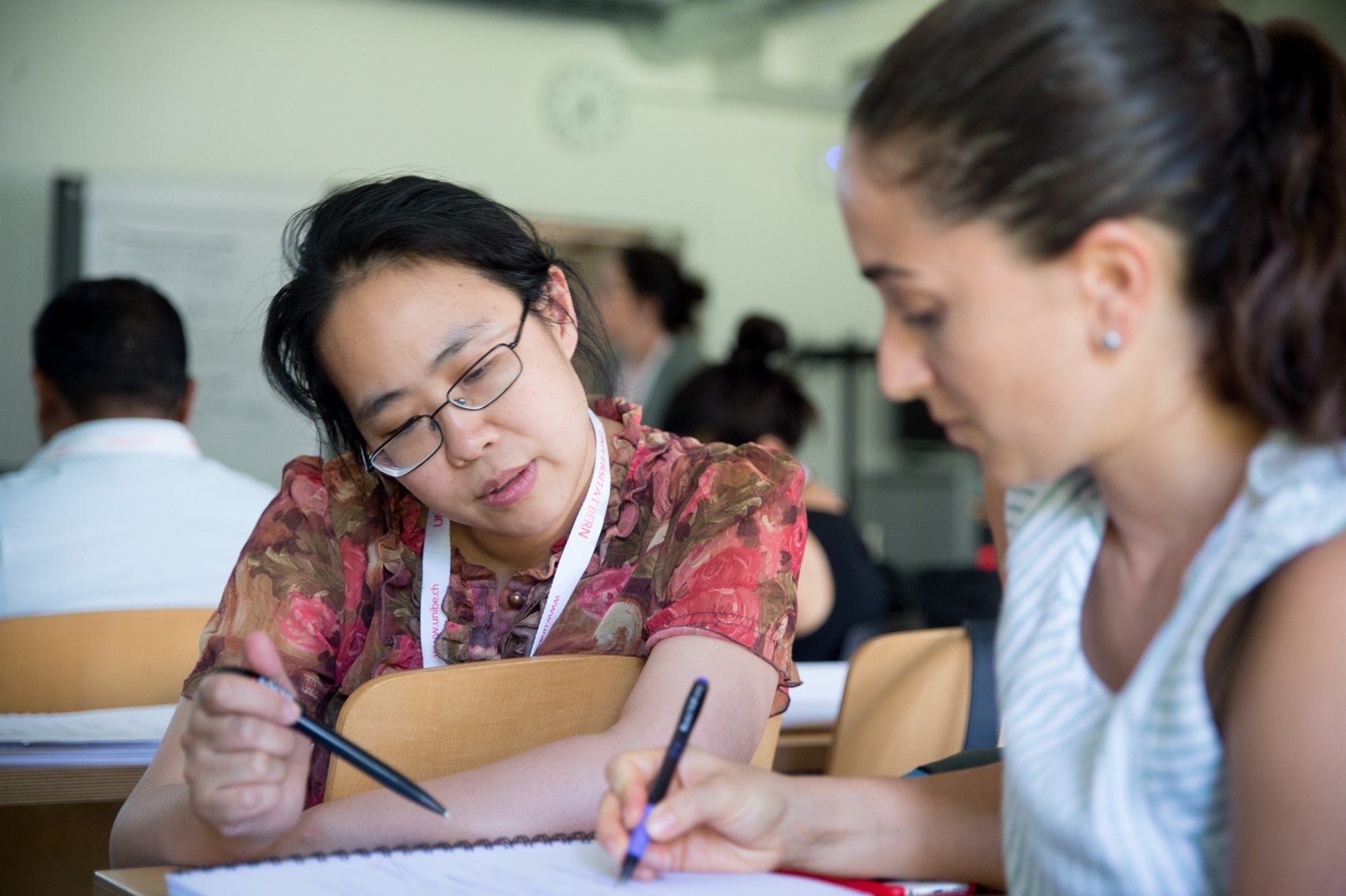Reduce fragmentation and CATALYZE collaboration & partnerships
A key role of GEI is to create connections between separate M&E efforts. We catalyze strategic partnerships between governments, donors, evaluation professionals and other key M&E stakeholders to encourage efficiency, identify best practices, and ensure progress.








